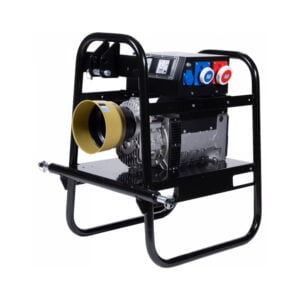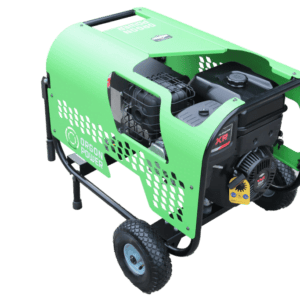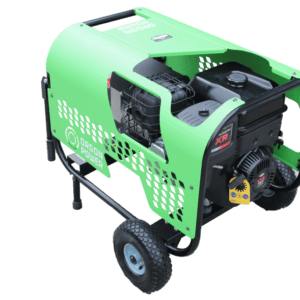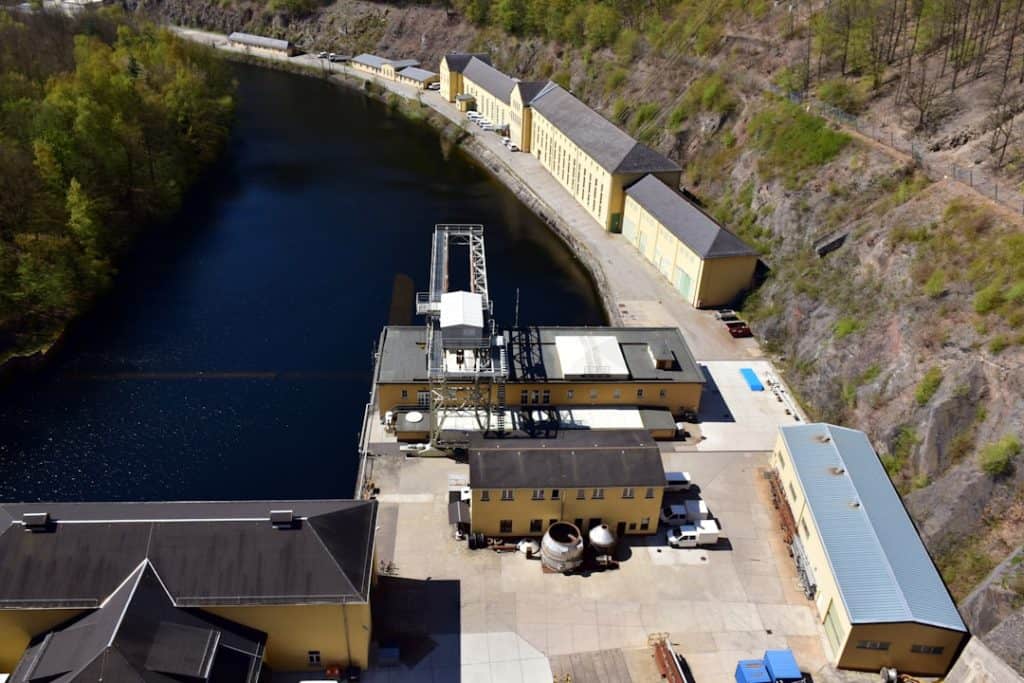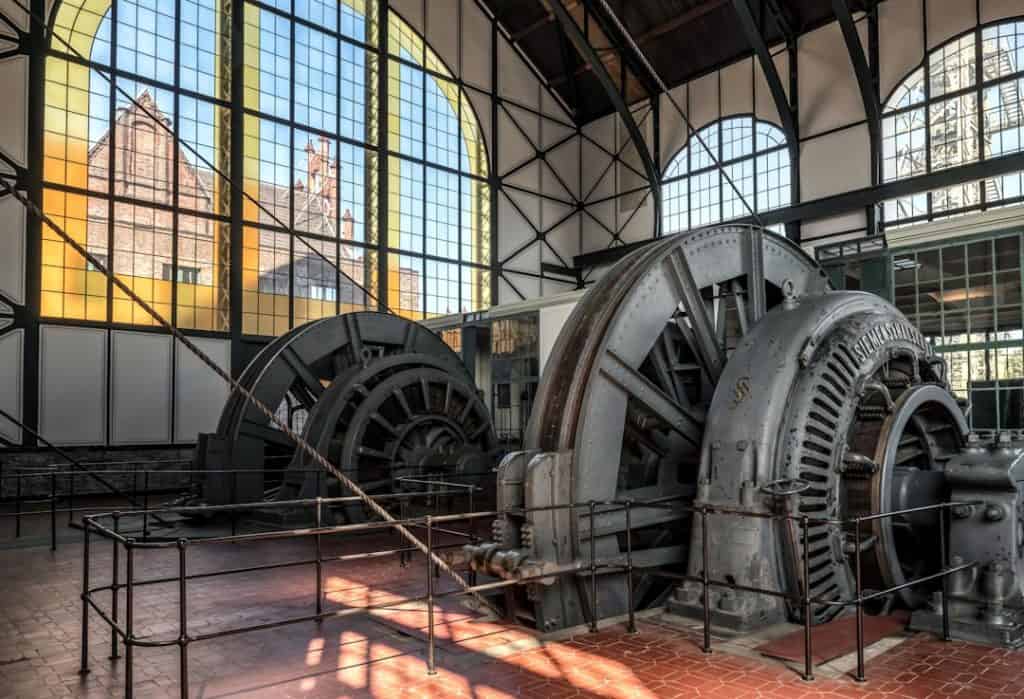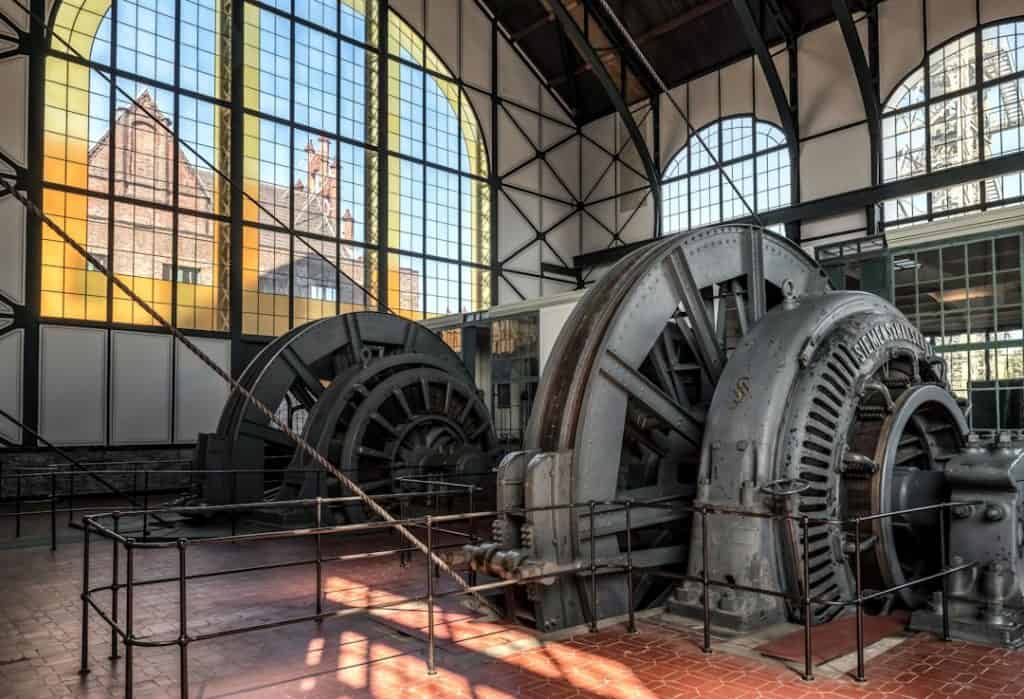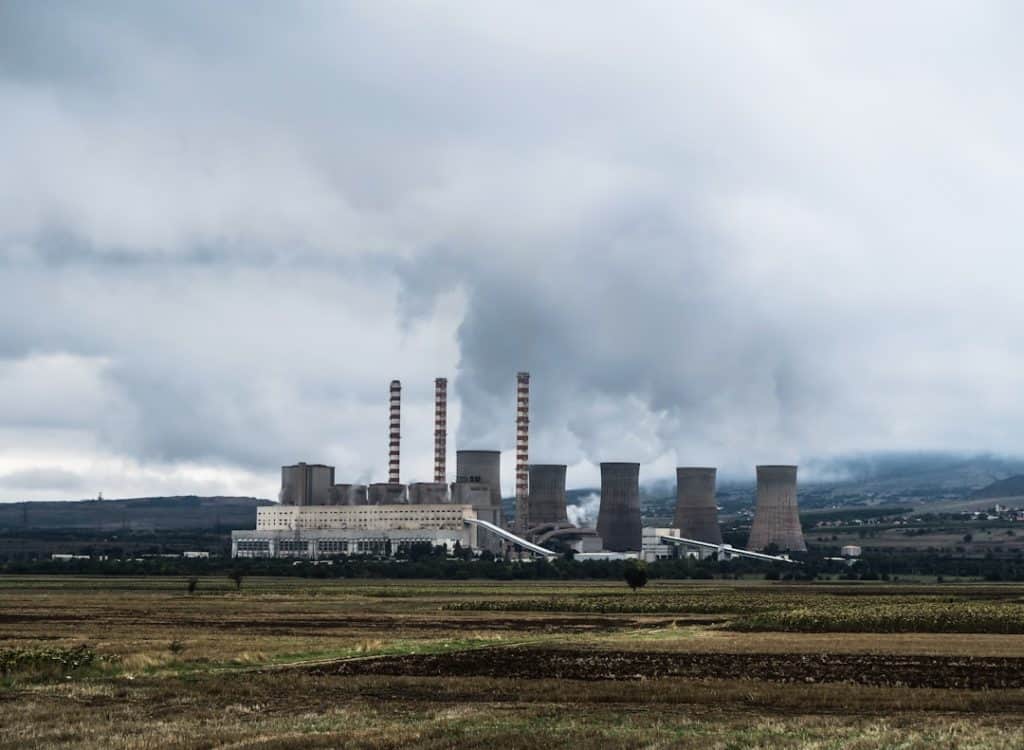Diesel generators are complex electro-mechanical systems that convert the chemical energy of diesel fuel into electrical energy. These devices consist of a diesel engine, an alternator and a control system. A diesel engine burns fuel, creating mechanical energy that is transferred to an alternator, which then produces electrical energy.
The application of diesel aggregates is wide and includes:
1. Backup power for critical systems in hospitals, data centers and industrial plants. 2.
The primary source of energy in remote areas without access to the electricity grid. 3. Mobile power supply for construction projects and temporary events.
4. The maritime industry, where they are used to drive ships and power ship systems. The advantages of diesel generators include:
– High efficiency and reliability
– Durability and durability
– The ability to start quickly and take over the load
– Relatively low maintenance costs
However, diesel units also have certain disadvantages, such as the emission of harmful gases and noise during operation.
That is why hybrid systems that combine diesel generators with renewable energy sources and battery systems for energy storage are being developed in recent times, thus reducing fuel consumption and negative impact on the environment.
Key Takeaways
- Diesel power generators are devices that use diesel fuel to produce electricity.
- The advantages of using diesel generators for continuous energy supply include reliability, durability and high efficiency.
- How to choose the right diesel generator for your needs depends on factors such as energy consumption, running time and budget.
- Maintaining a diesel engine for optimum performance includes regular inspection and servicing of the engine, filter and oil.
- Safety and environmental protection when using diesel generators require proper storage of fuel and implementation of measures to reduce harmful gas emissions.
- Examples of diesel generator applications in various industries include construction, telecommunications, healthcare and the entertainment industry.
- Alternative energy supply options besides diesel generators may include solar energy, wind turbines and battery systems.
Advantages of using diesel generators for continuous energy supply
Using diesel generators for continuous energy supply has numerous advantages. One of the most important advantages is the reliability of these devices. Diesel generators are known for their durability and resistance to various operating conditions, which makes them an ideal choice for use in the event of a power outage.
Also, diesel generators have high efficiency and can produce large amounts of electricity with relatively low fuel consumption. Another advantage of using diesel generators is their flexibility. These devices can be easily moved and installed in different locations, making them suitable for use in different industries and environments.
Also, diesel generators have a low emission of harmful gases, which makes them an environmentally friendly choice for use in various situations.
How to choose the right diesel generator for your needs?

When choosing the right diesel generator for your needs, it is important to consider several factors. First, it is necessary to determine how much power the diesel generator should produce. It depends on the consumption of electricity that will be needed in the event of a power outage.
Also, the type of load that the diesel generator will have to support, as well as the duration of operation, should be taken into account. Another factor to consider when choosing a diesel generator is its reliability and efficiency. It is important to choose a reputable manufacturer that offers high-quality diesel generator sets with proven reliability and durability.
Also, fuel consumption, emission of harmful gases and other environmental factors should be taken into account when choosing a diesel generator.
Maintenance of diesel generator sets for optimal performance
| Ordinal number | Metric | Value |
|---|---|---|
| 1 | Fuel consumption | 5 liters per hour |
| 2 | Oil level | Within normal limits |
| 3 | Engine temperature | 80°C |
| 4 | Operating hours since last service | 100 hours |
Maintenance of diesel generators is crucial for maintaining optimal performance and extending the service life of these devices. Regular maintenance includes regular checking and replacement of fuel, air and oil filters, checking oil and fuel levels, as well as checking the operation of the engine and power generator. Also, regular cleaning and maintenance of the cooling and ventilation system is important to ensure that the diesel engine is working optimally at all times.
In addition to regular maintenance, it is also important to have an emergency plan and regular testing of the diesel generator set to ensure that the unit will function properly in the event of a power outage. Also, it is important to have a plan for storing spare parts and fuel to ensure that the diesel generator will be ready for use in case of emergency.
Safety and environmental protection when using diesel generators
Safety and environmental protection are very important factors when using diesel generators. It is important to ensure that the diesel generator is used in accordance with regulations and safety standards in order to avoid possible injuries or accidents when operating these devices. Also, it is important to ensure that the diesel generator is used in a way that minimizes the emission of harmful gases and reduces the impact on the environment.
One of the ways to ensure safety when using a diesel generator is regular training of the personnel who will operate this device. It is also important to ensure that the diesel generator is regularly maintained and serviced to minimize the risk of accidents or breakdowns. Also, proper storage of fuel and spare parts should be taken care of to ensure that the diesel generator will be ready for use in emergency situations.
Examples of the application of diesel aggregates in various industries

Diesel generator sets are used in various industries worldwide due to their reliability, efficiency and flexibility. One example of the application of diesel generators is in the construction industry, where these devices are used to supply electricity at construction sites where there is no access to the central power system. Also, diesel aggregates are used in the telecommunications industry to power base stations and other telecommunications systems.
Another example of the application of diesel generators is in the oil and gas industry, where these devices are used to supply electricity in remote locations where there is no access to the central power system. Also, diesel generators are used in the food and beverage industry to supply electricity to factories and plants where a continuous supply of electricity is required.
Alternative options for energy supply in addition to diesel generators
In addition to the use of diesel generators, there are other alternatives for supplying electricity in the event of a power outage. One of the alternatives is the use of solar panels for the production of electricity. Solar panels use the sun's energy to generate electricity and can be an efficient option for use in places where sunlight is available.
Another alternative for supplying electricity is the use of wind generators to produce electricity. Wind generators use the energy of the wind to produce electricity and can be an efficient option for use in places where strong winds are present. Also, there are hybrid systems that combine the use of solar panels, wind generators and other renewable energy sources to produce electricity.
In conclusion, diesel gensets are reliable, efficient and flexible devices that are used as a source of backup or continuous electricity in various industries and environments around the world. With proper maintenance and use, diesel generators can provide a continuous supply of electricity in the event of a power outage or in places where there is no access to the central power system. Also, there are other alternatives for supplying electricity besides diesel generators, such as solar panels, wind generators and hybrid systems that combine the use of renewable energy sources.
FAQs
What are diesel power generators?
Diesel power generators are devices that use diesel fuel to produce electricity. They are often used as a backup power source in the event of a power outage or as the main source of electricity in locations where there is no access to the power grid.
How do diesel power generators work?
Diesel power generators use a diesel engine that drives an electricity generator. Diesel fuel is burned in the engine, which drives the generator and produces electricity.
What are diesel power generators used for?
Diesel power generators are used as a backup power source in the event of a power outage, as well as in locations where there is no access to the power grid, such as construction sites, campsites, ships, etc.
What is the advantage of using a diesel generator for electricity?
The advantage of using diesel generators for electricity is that they are reliable and efficient, have a long service life and can ensure a continuous supply of electricity even in emergency situations.
What is the consumption of diesel generators for electricity?
The consumption of diesel generators for electricity depends on the power of the generator and the load. Larger aggregates and higher load will result in higher consumption of diesel fuel.

